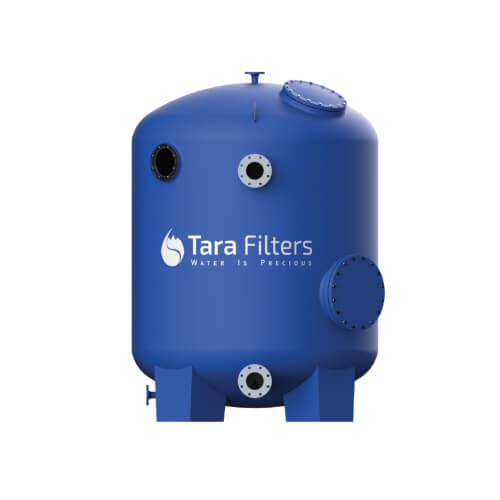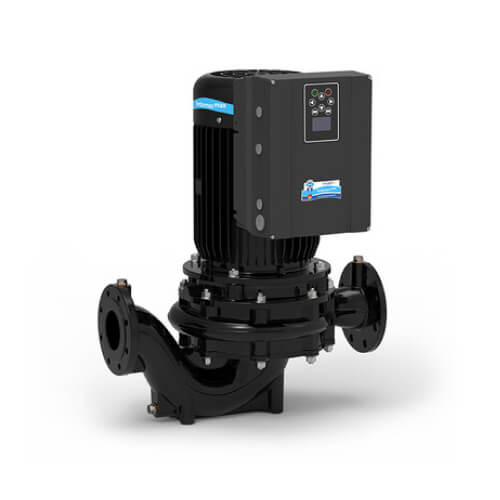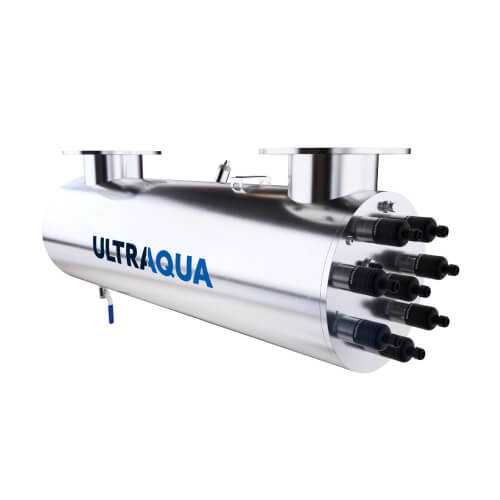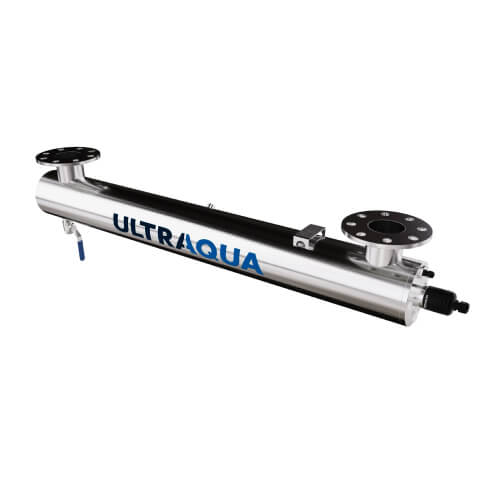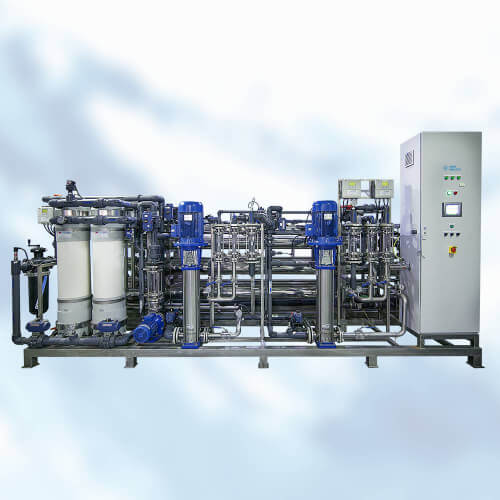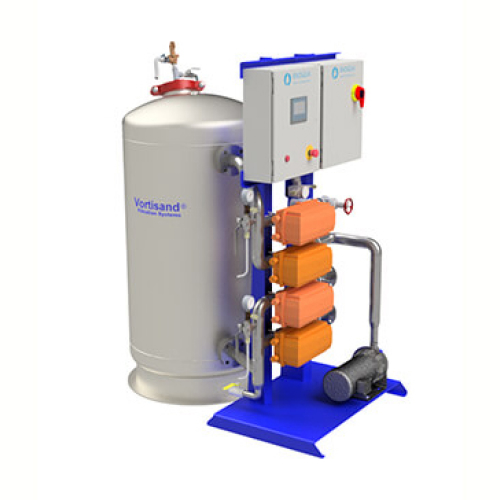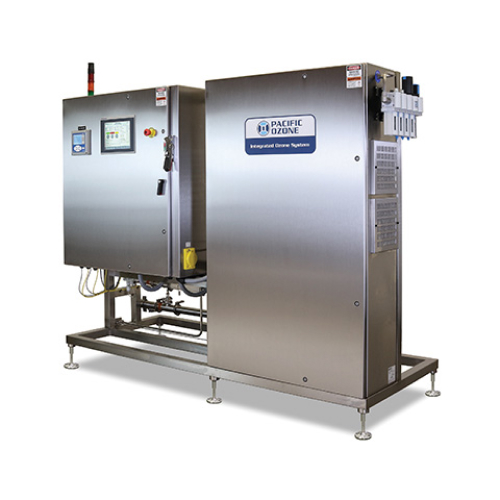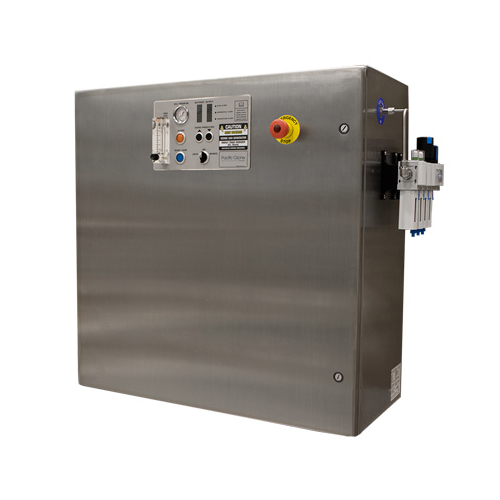Water treatment in Food and beverage industry
Water treatment is a cornerstone of food processing and bottled water production, ensuring safety, quality, and regulatory compliance. Each stage of the process integrates advanced technologies to address specific challenges, beginning with effective pretreatment.

Filtration serves as the first line of defense against suspended solids and particulates. Multimedia filters, consisting of layers of graded materials like gravel, sand, and anthracite, efficiently remove larger particles and protect downstream equipment. This pretreatment step is essential for extending the life of delicate membranes used in later stages.

Ultrafiltration and reverse osmosis (RO) play a pivotal role in ensuring water purity. Ultrafiltration employs membranes with fine pores to eliminate bacteria, viruses, and colloidal matter while maintaining the flow of essential minerals. Reverse osmosis, a more selective process, forces water through semi-permeable membranes under pressure, effectively removing dissolved salts, organic compounds, and contaminants. This dual-stage approach produces high-purity water essential for food production and bottled water.

Disinfection remains crucial to maintaining microbial safety. Ultraviolet (UV) light treatment is widely employed, especially for product water. UV disinfection works by disrupting the DNA of microorganisms, preventing replication and ensuring water remains pathogen-free without chemical additives. For syrups and high-viscosity liquids, specialized UV systems compensate for low UV light transmittance, providing thorough disinfection even in dense solutions.

Ozonation is another essential step, particularly in bottled water production. Ozone, a powerful oxidant, rapidly eliminates bacteria, viruses, and other contaminants. It decomposes into oxygen without leaving harmful residues, preserving the taste and quality of the water. Beyond disinfection, ozone is also integral to Clean-in-Place (CIP) washing systems. CIP with ozone ensures processing equipment remains free of microbial buildup, reducing the need for harsh chemicals and minimizing downtime.
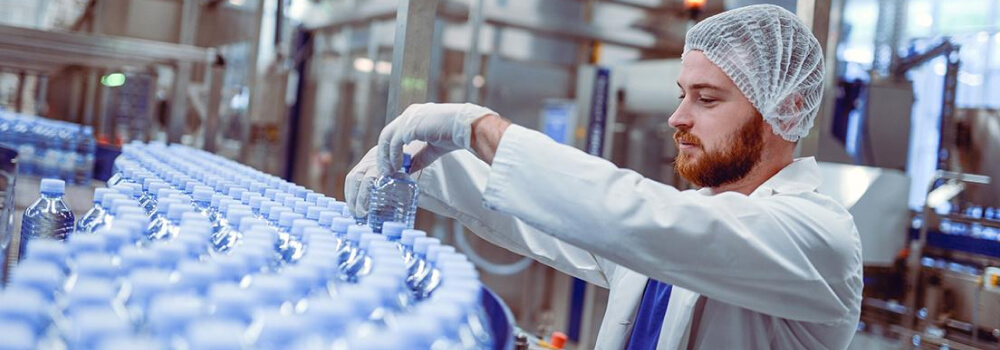
Wastewater treatment from food processing requires an equally rigorous approach. Biological treatment methods, such as activated sludge systems, break down organic matter using microorganisms. Membrane bioreactors (MBRs) combine biological processes with ultrafiltration membranes, producing high-quality effluent suitable for reuse or safe discharge. MBRs excel at handling variable loads typical of food production, offering both robustness and efficiency.
The intricate combination of these technologies ensures that water used in food processing and bottled water production meets the highest standards for safety, taste, and environmental responsibility. Each stage—filtration, membrane separation, disinfection, ozonation, and wastewater treatment—supports the next, forming a seamless, reliable system that upholds product integrity and regulatory compliance.
BLOG
DOWNLOAD PDF
Desinfection and filtration in Food & Beverage. Evoqua equipment
Disinfection and purification in water treatment. Evoqua equipment
VIDEOS
Products
Videos
Request a quote
You can trust the 10-year experience of our engineers in striving to provide the best solutions for your business!

